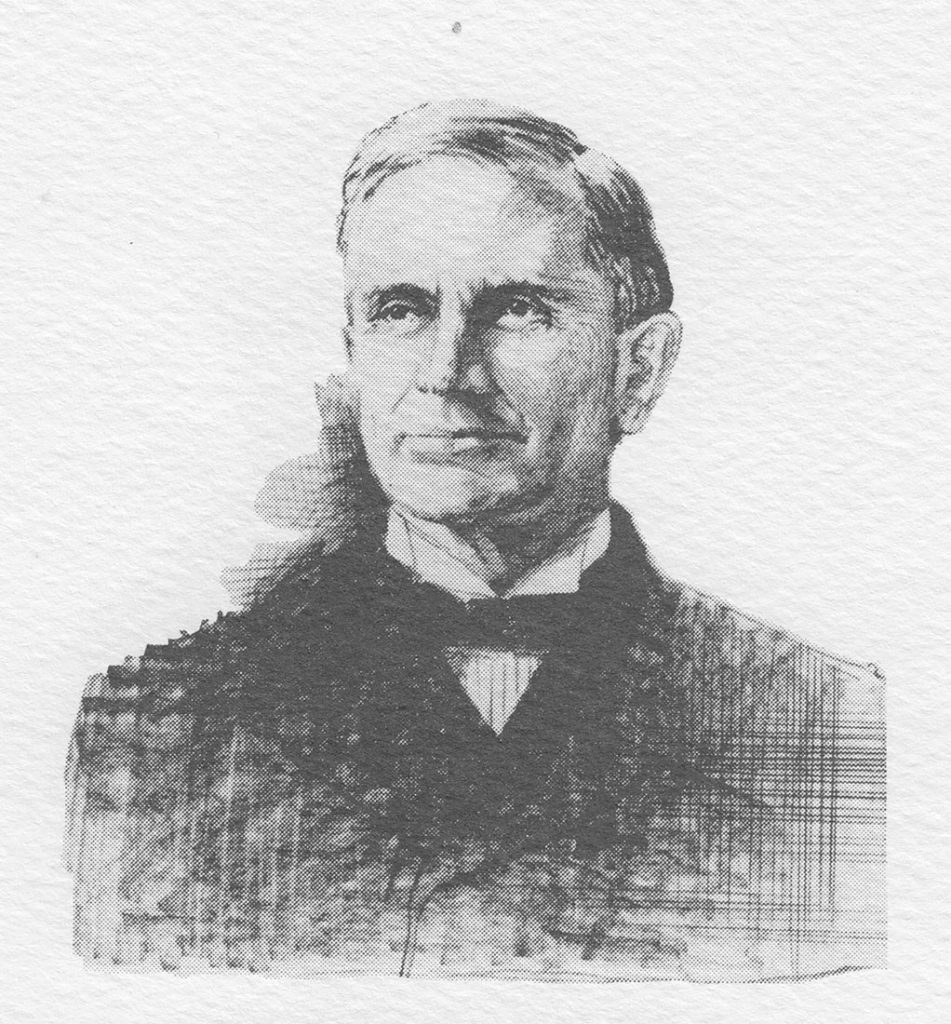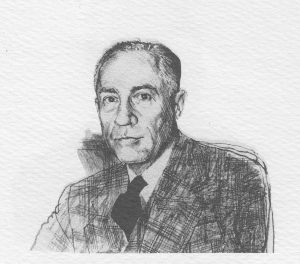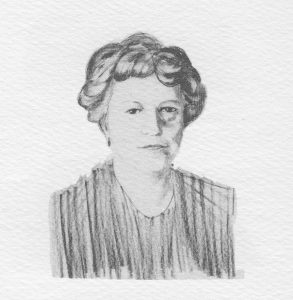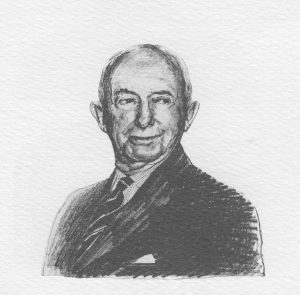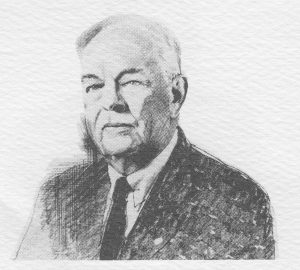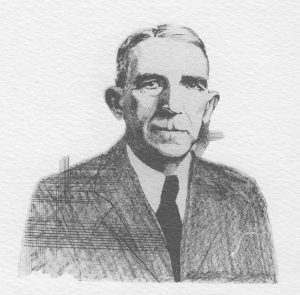Historians have claimed that the Progressive era in Alabama politics began with the governorship of Braxton Bragg Comer (1848-1927).
Scion of a well-to-do family, this successful industrialist and planter spent four stormy years as Alabama’s governor that were marked by progress in education, railroad regulation, tax funding, and conservation. This same person, however, used strong-arm tactics toward labor and demonstrated a lack of genuine concern for children in the labor force. Comer’s brand of progressivism, which sought to serve the new industrial-urban interests while not disturbing the traditions of the old plantation system, brought numerous collisions with powerful interests.
Braxton Bragg Comer was born at Spring Hill, in Barbour County, on November 7, 1848, to John Fletcher Comer and Catherine Drewry Comer, who moved from Virginia to Georgia before finally settling in the southeastern section of Alabama’s Black Belt in the 1840s. John Fletcher Comer was a county judge in Georgia and in Alabama owned a cotton plantation and a lumber mill. He gave his son a good private education, and in 1864 young B. B. Comer entered the University of Alabama, where he remained until forces under the command of U.S. general James H. Wilson burned the school buildings in 1865 during the Civil War. He subsequently attended the University of Georgia and finally received a Bachelor of Arts and a Master of Arts from Virginia’s Emory and Henry College in 1869. Three years later, he married Eva Jane Harris of Cuthbert, Georgia, with whom he would have eight children. The Comers were members of the Methodist Episcopal Church South. Under Comer’s management, the family plantation at Comer Station in Barbour County prospered and grew to more than 30,000 acres.
Like many postwar planters, Comer branched out into merchandising. In 1885, he used the money he made as a merchant-planter in Barbour County to become a partner in a wholesale grocery business in Anniston, in Calhoun County. He sold his interest in the firm in 1890 and moved to Birmingham, where he became president of the City National Bank and bought cornmeal, flour, and textile mills. Comer achieved his greatest business success in the development of Avondale Mills, a textile venture that grew into one of Alabama’s largest industrial enterprises.
While in Anniston, Comer learned that his Atlanta competitors could undersell his and other Alabama businesses because of Georgia’s lower freight rates. By the time he had built Avondale Mills, Comer was the state’s most vocal advocate of controlling Alabama’s railroad rate structure. The Birmingham Commercial Club, which Comer helped to organize in 1893, and the Birmingham Freight Bureau, also led by Comer, both investigated freight rate discrimination and recommended that rates be controlled by expanding the powers of the state railroad commission. Comer’s organized efforts failed to persuade legislators of the need for reform during the 1890s, but he and his allies renewed their efforts at the Constitutional Convention of 1901, where they campaigned to include in the document the establishment of an elected railroad commission with extensive powers to regulate rates. When that effort failed, the reformers compromised and accepted a provision in the document that gave the legislature sweeping authority over railroad rates.
The 1906 gubernatorial campaign in the Democratic primary (complicated by the nonbinding selection of candidates to replace Alabama’s two elderly and ill U.S. senators should they die in office before the next legislative session) was one of the most memorable in Alabama’s history. The Democratic Party dropped the word “Conservative” from its formal name, demonstrating that it was now comfortable with a more Progressive platform. The state’s railroads supported Comer’s chief opponent, Lt. Gov. Russell Cunningham, but the line between progressives and conservatives was not clearly drawn. On issues other than railroad rates, Cunningham was as progressive as Comer, who came under severe criticism for his opposition to child labor reform. Comer was a better campaigner and orator than Cunningham, and his verbal attacks on the railroads so aroused Alabama audiences that he won the primary with 61 percent of the vote and the November election with more than 85 percent. A majority of the legislators elected were committed to rate reform, and with this sympathetic legislature to enact and implement his programs, Comer proved to be one of Alabama’s most effective governors.
Comer’s administration as governor had a profound impact on Alabama. He used his powers to aid both the general public and business interests. His successful anti-railroad campaign protected industry—especially cotton mills—from paying excessive rates, and control of the rates also protected consumers. His administration made great strides in education, public health, road building, and conservation of the state’s resources. On the other hand, Comer’s attempt to bring Prohibition to the state failed, and his lukewarm approach to child labor was not laudable. He discussed reform of the convict-leasing system but ended up simply trying to find ways to make the system bring more revenue to the state. His actions in the coal strike of 1908 demonstrated that his view of labor had changed little from his plantation days. Comer was a progressive, but a conservative one.

